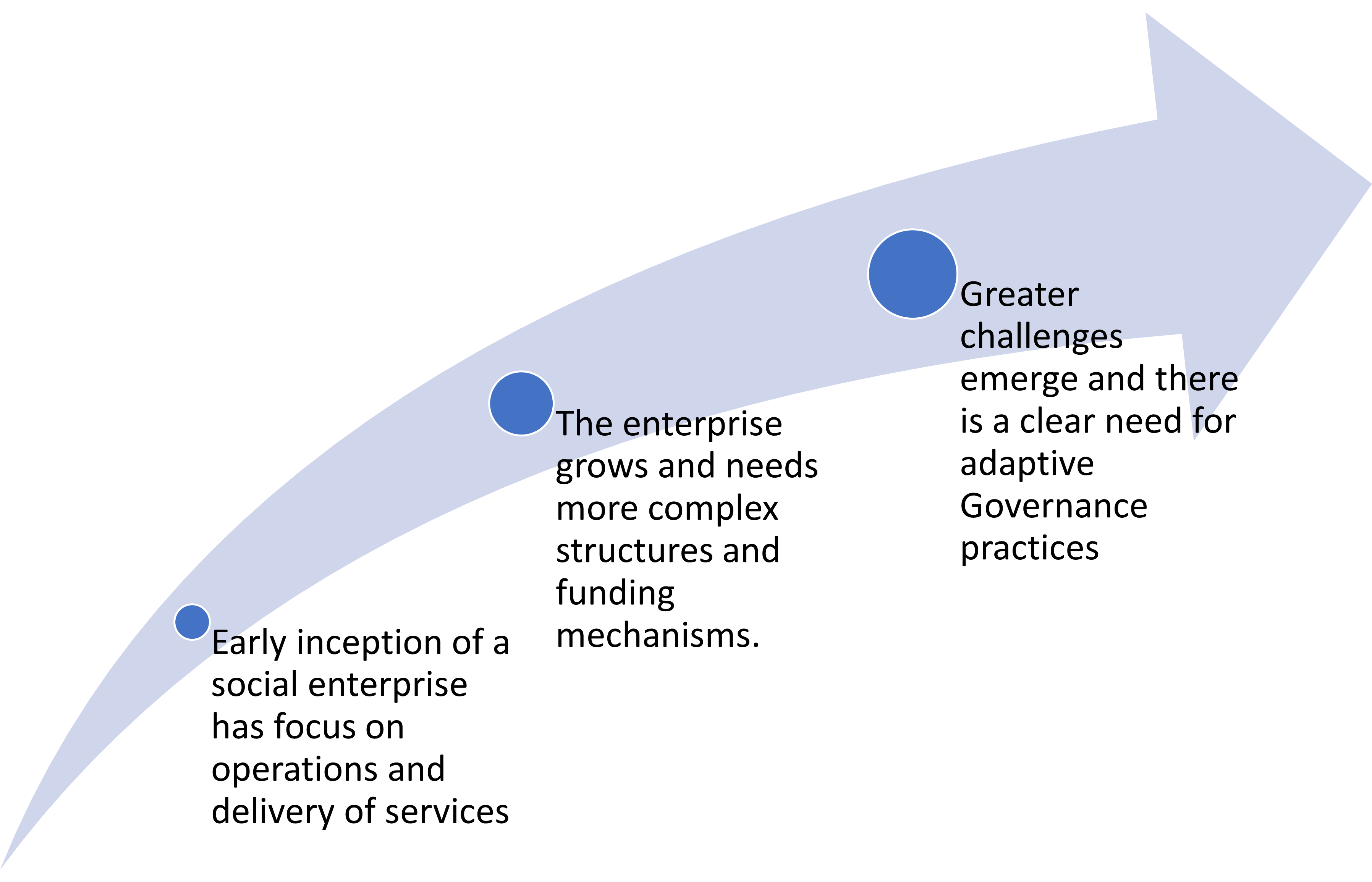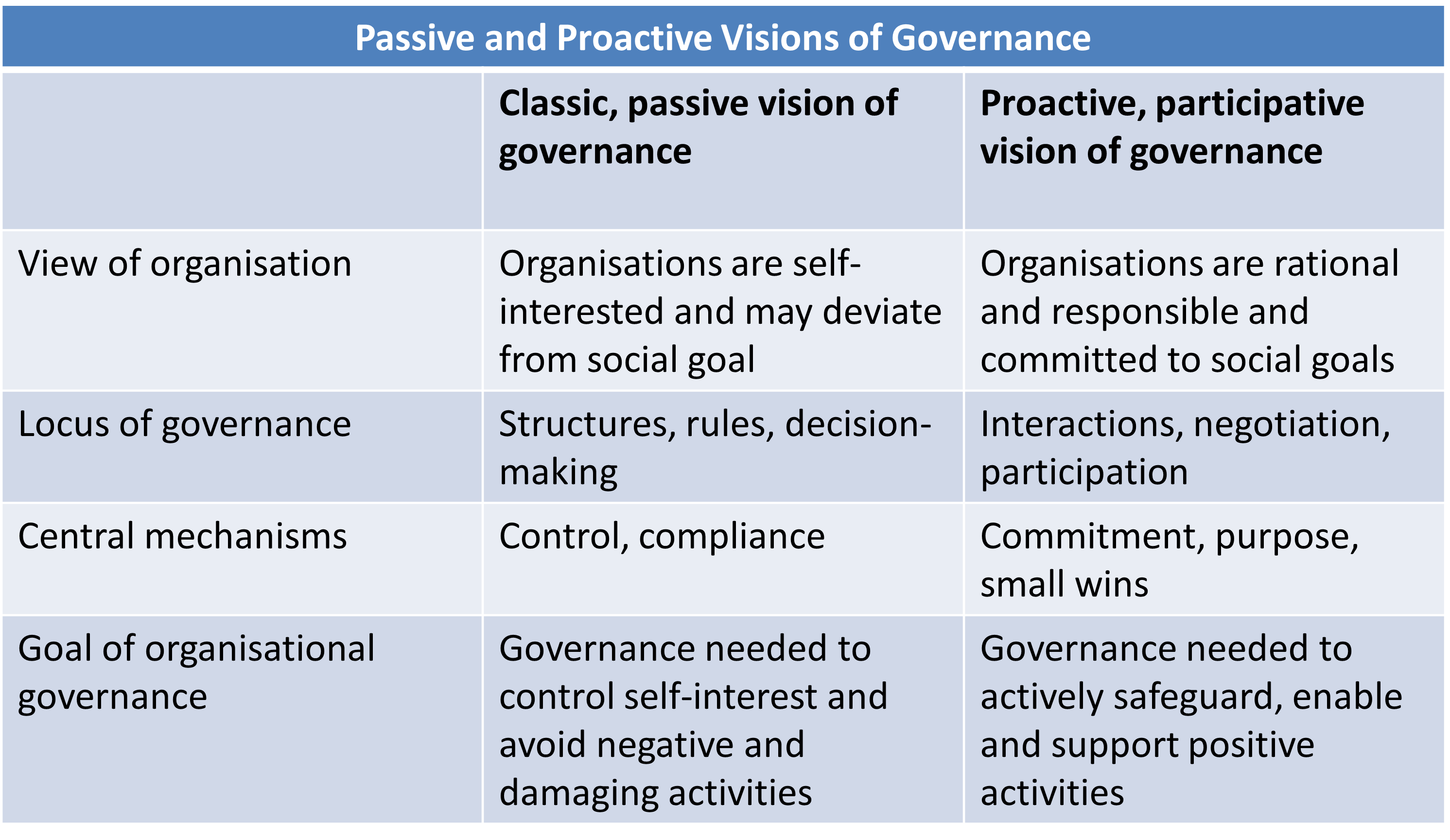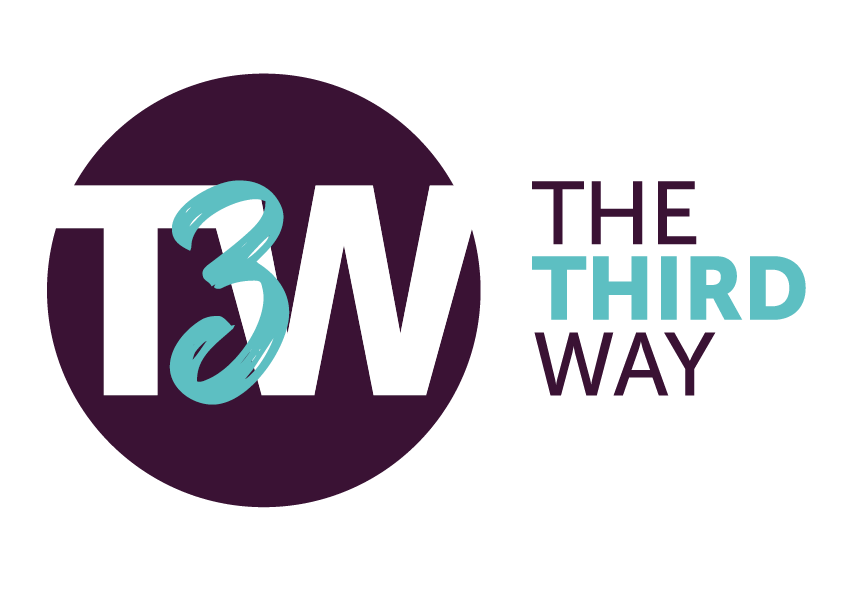Governance in a Changing World
Miriam Wolf and Johanna Mair, in their paper, focus on social enterprises that assume for-profit, non-profit or new hybrid legal forms rather than social enterprises that operate as cooperatives. While cooperative types of social enterprises can be found in southern European countries like Italy, Spain, Portugal and France, in other countries like Germany, Sweden or the UK, they provide a smaller share of this type of organisations.
Figure 4 introduces the particular characteristics of social enterprises and contrasts them with for-profit and non-profit characteristics.

The Role of Governance Systems in a Changing Environment
Can the boards react and respond to the impact of global changing initiatives and the forces of social change?
What is the role of advisory boards and supporting committees within a social enterprise?
Again, PESTEL Analysis is a valuable tool for monitoring the changing environment.

We find that, in the starting phase, social enterprises focus more on activities and operations of the organisation and have the tendency of not treating governance as equally important. This often generates problems at later stages of development when challenges emerge and the organisation lacks a mechanism to steer, provide direction and feedback. This may also be connected to the fact that available funding for social enterprises is not allocated primarily for governance and matters of internal organisational development, which limits the capacity of social enterprises to concentrate on these issues.
Providing more support for organisations to establish adaptive governance structures and practices that may support them in times of growth, change and crisis may contribute to making social enterprises more successful and less prone to mission drift. Providing this support from the starting phase can help the organisation adopt measures that can substantially influence its trajectory
Towards Improved Governance:
- Good governance is responsive to the present and future needs of the organisation, exercises prudence in policy setting and decision-making, and that the best interests of all stakeholders are taken into account.
- Good governance is an ideal that is difficult to achieve in its totality. Governance typically involves well-intentioned people who bring their ideas, experiences, preferences and other human strengths and shortcomings to the policy-making table.
- Good governance is achieved through an on-going discourse that attempts to capture all of the considerations involved in assuring that stakeholder interests are addressed and reflected in policy initiatives.
- It makes sense to have governors and for most social enterprises a board of governors or a board of trustees are established and if they are not, they should be as a matter of priority.

Table 1 summarises the classic passive vision of governance and a proactive vision of governance as proposed by researchers Miriam Wolf and Johanna Mair. Their research demonstrates that many social enterprises can suffer from Mission Drift and they recommend an approach that provides proactive governance.
What is Mission Drift… also called Mission Creep! You need to know what this is? Don’t just chase funding and income but stick to your purpose, your vision and strategic aims. You don’t want it to happen? Check it out using the following link: Burger, E ( 2017). Non-profit Mission Creep: What is It? How to Prevent It?
There is a lot of evidence from organisational behaviour studies that suggest a focus on small wins can aid successful delivery of an organisations mission, provide sustainability and encourages commitment to a shared purpose.

A European Policy Brief on Governance of Social Enterprises identified from their research that the board of governors or board of trustees for social enterprises are set up mostly for compliance reasons and that most social enterprises had a board. Other reasons for setting up a board included “to give advice” and “to recognise the voice of the stakeholders.” Governance, particularly in social enterprises, is not a stable, fixed solution implemented upon organisation but also a proactive, developmental process.

